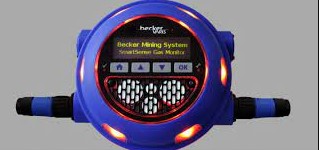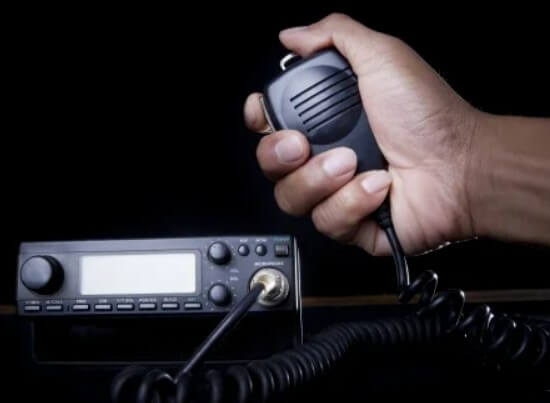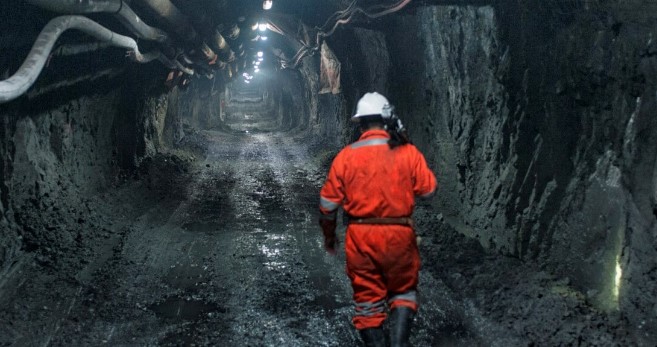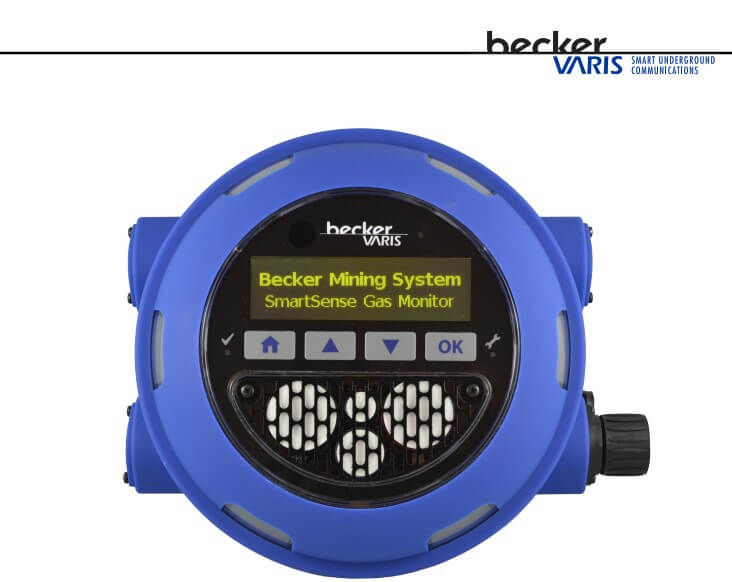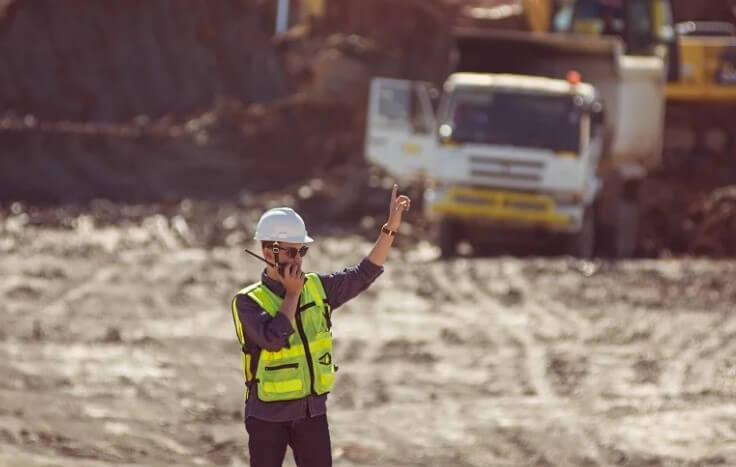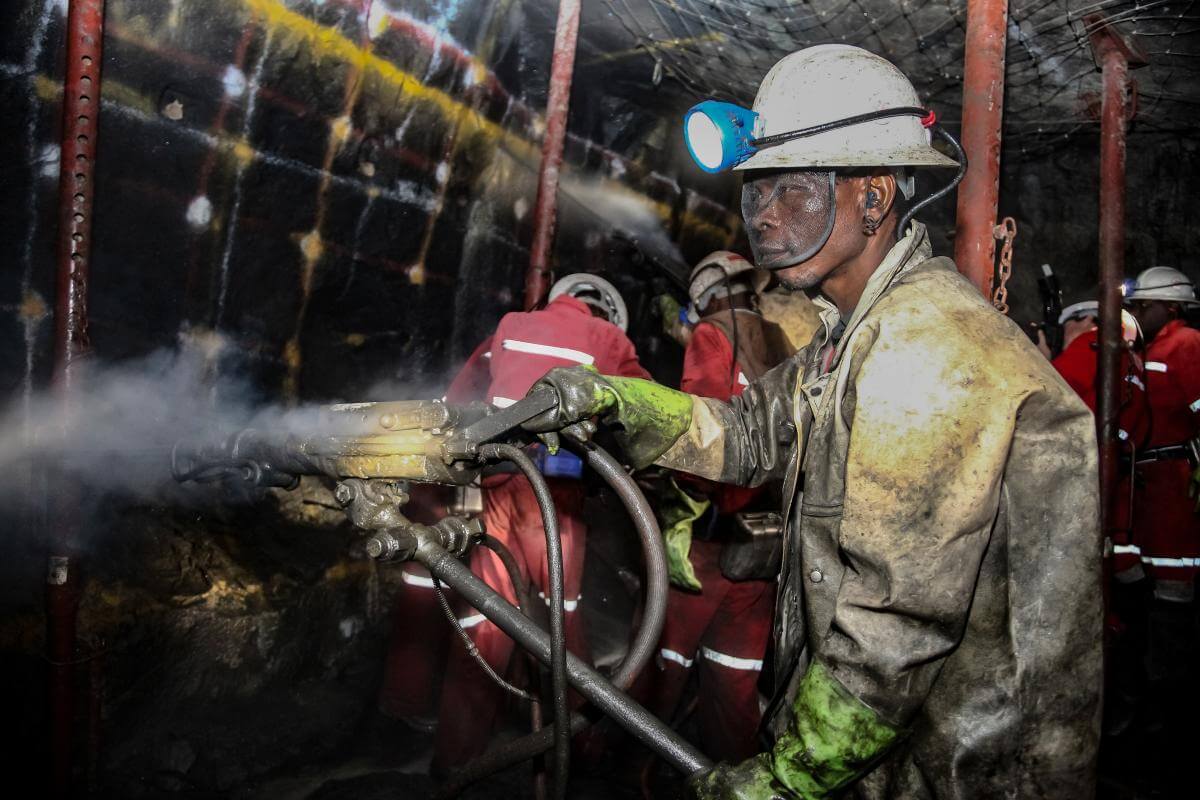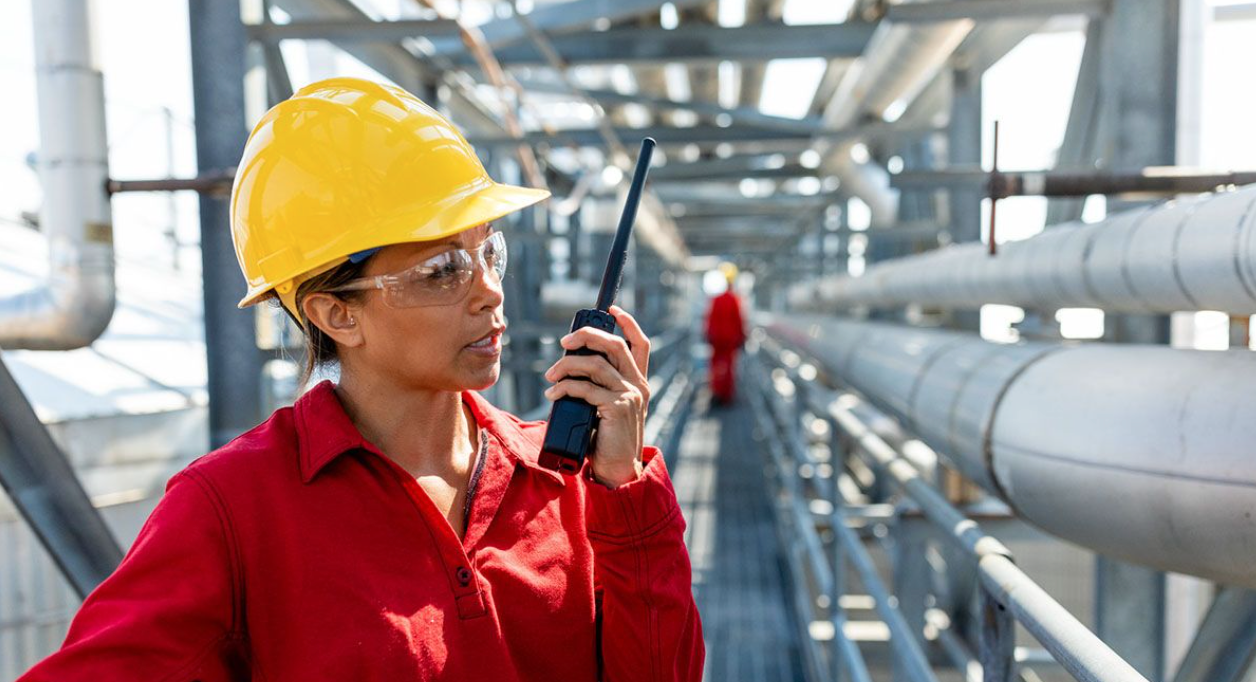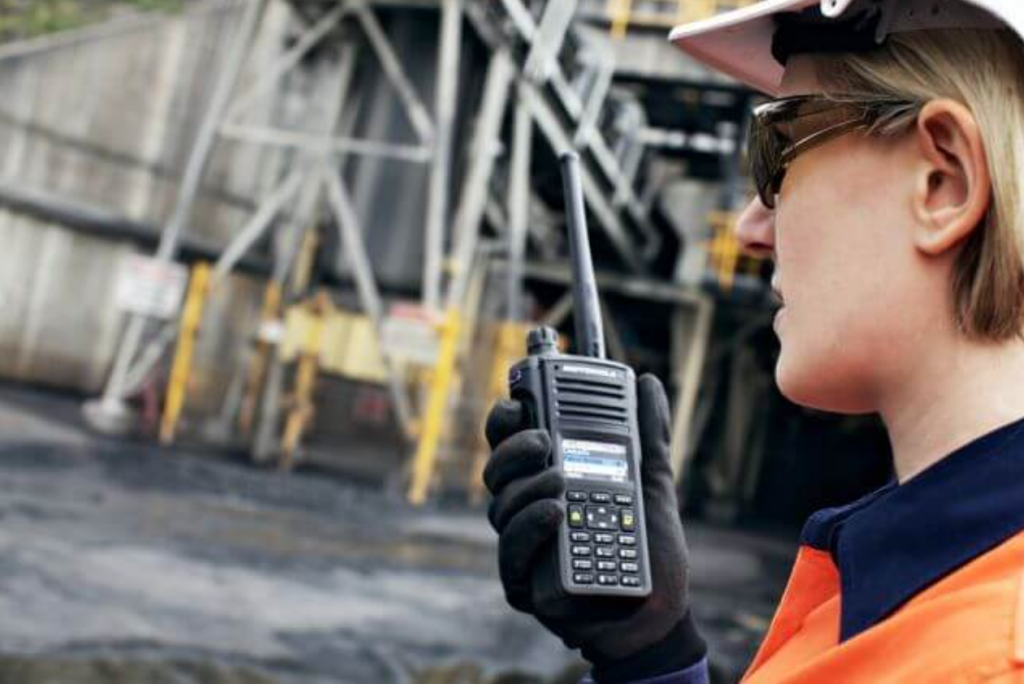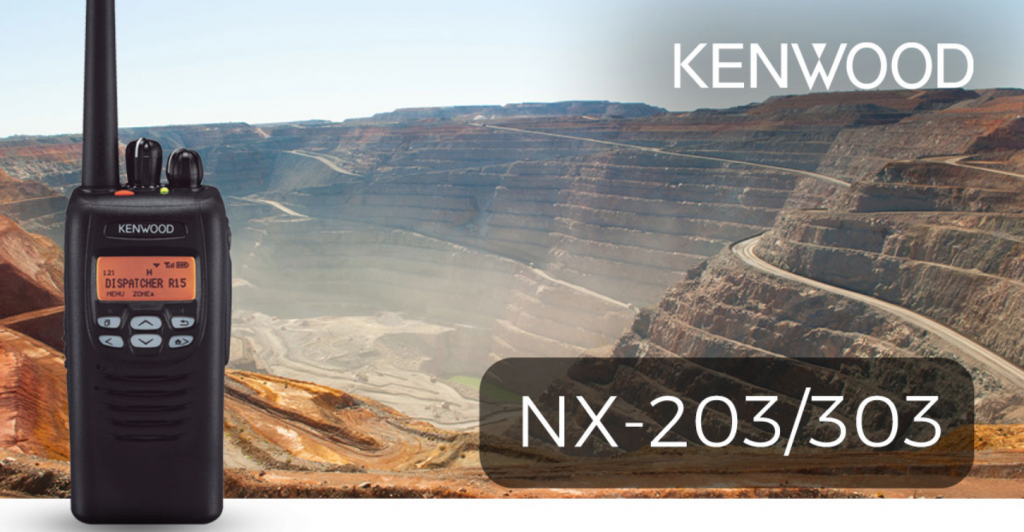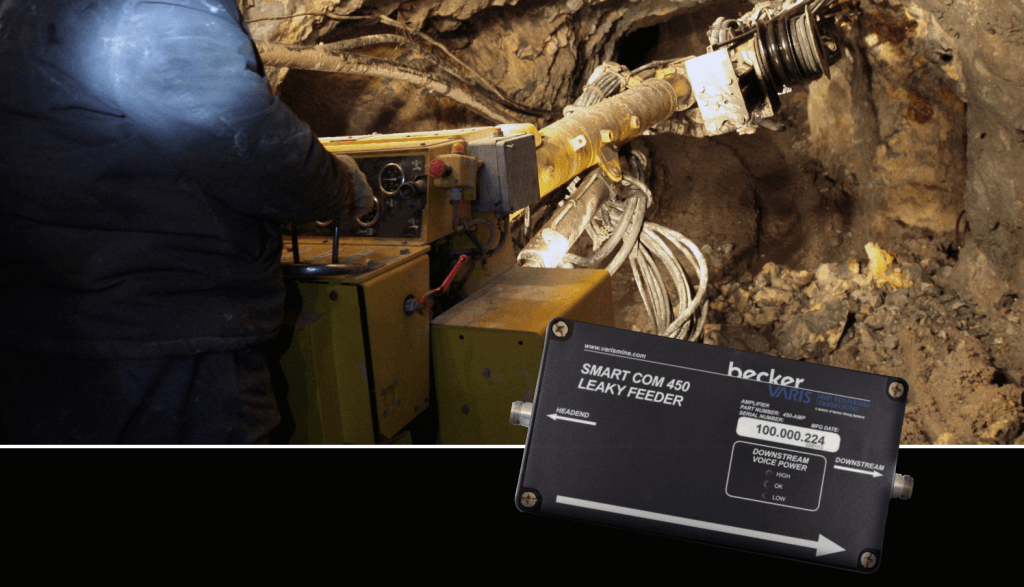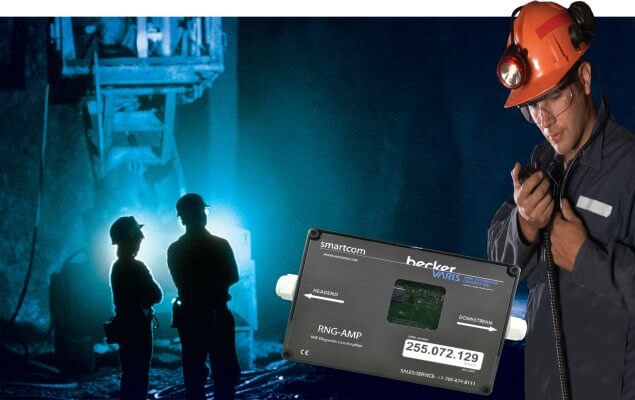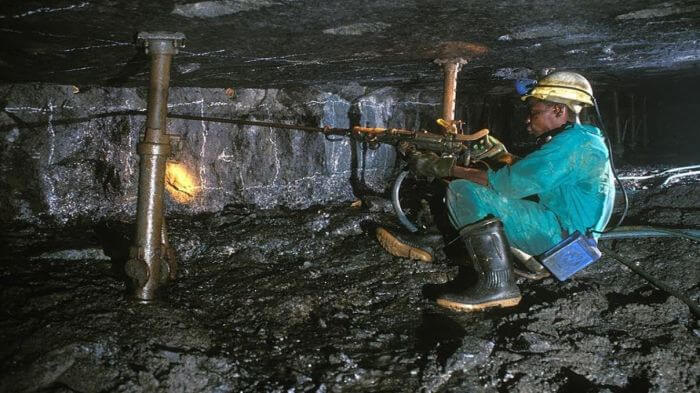Choosing suitable connectors for your coaxial cables is essential when setting up a reliable and efficient communication network. This article will cover the three main types of coaxial cable connectors: F-Series, N-Series, and BNC connectors. We will also briefly touch upon the various fiber-optic cable connectors available.
How Does a Coaxial Connector Work?
Coaxial cable connectors are the critical interface between cables and electronic devices, enabling radio-frequency (RF) signals to be efficiently transmitted. These connectors are designed to maintain coaxial cables’ impedance and shielding characteristics, ensuring minimal signal loss and interference. They are widely used in mining environments, television and satellite systems, radio communications, and broadband networks. By securely connecting coaxial cables to their respective devices, coaxial connectors play a vital role in the effectiveness and reliability of communication systems.
Coaxial connectors offer several advantages, making them a popular choice for various applications:
- Their design effectively maintains the shielding and impedance of coaxial cables, ensuring minimal signal loss and optimal signal quality.
- They provide a secure and stable connection between lines and devices, which is crucial for reliable data transmission.
- Certain types of coaxial connectors, such as the N-Series, are designed to be weather-proof, making them suitable for outdoor installations.
- With many connector types available, coaxial connectors can cater to diverse requirements, offering flexibility and compatibility with various systems and equipment.
Becker Mining USA is committed to providing high-quality service and meeting the requirements of multiple heavy equipment industries.
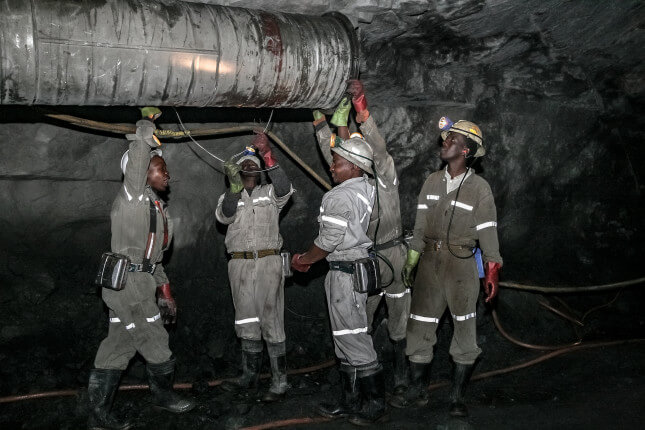
F-Series Coaxial Connectors
F-Series coaxial cable connectors are commonly used for connecting satellite and cable television systems, as well as security cameras. These connectors comprise a protruding central conductor, a ferrule crimped onto the cable’s outer jacket, and a threaded collar to ensure a solid connection. When selecting F-Series connectors, consider the width of your coaxial cabling to ensure proper fitting.
N-Series Coaxial Connectors
N-Series coaxial cable connectors share similarities with the F-Series connectors but have an additional pin fitted over the central conductor. They are also weather-proof, making them suitable for outdoor and backbone applications. N-Series connectors are often used in wireless communication systems, as well as in satellite and radar installations.
BNC Coaxial Connectors
BNC coaxial cable connectors, or Bayonet Neill-Concelman connectors, are named after their inventors, Paul Neill and Carl Concelman. These connectors feature a quick yet secure connect and disconnect mechanism, making them popular for radio-frequency electronic equipment and test instruments. Like the F-Series connectors, BNC connectors have a central conductor and ferrule attached to the outer shield of the cable. However, they also include a rotating collar designed to securely connect to any female connector on another coaxial cable.
Fiber-Optic Cable Connectors
While coaxial cable connectors are widely used, fiber-optic cables are becoming popular due to their capability to transmit data at high speeds and over longer distances. Numerous fiber-optic cable connectors are available in the market, with ST, SC, FC, MT-RJ, and LC being the most commonly used. These connectors typically have a male plug with a protruding ferrule that holds and aligns the fibers for mating with an adapter or jack.
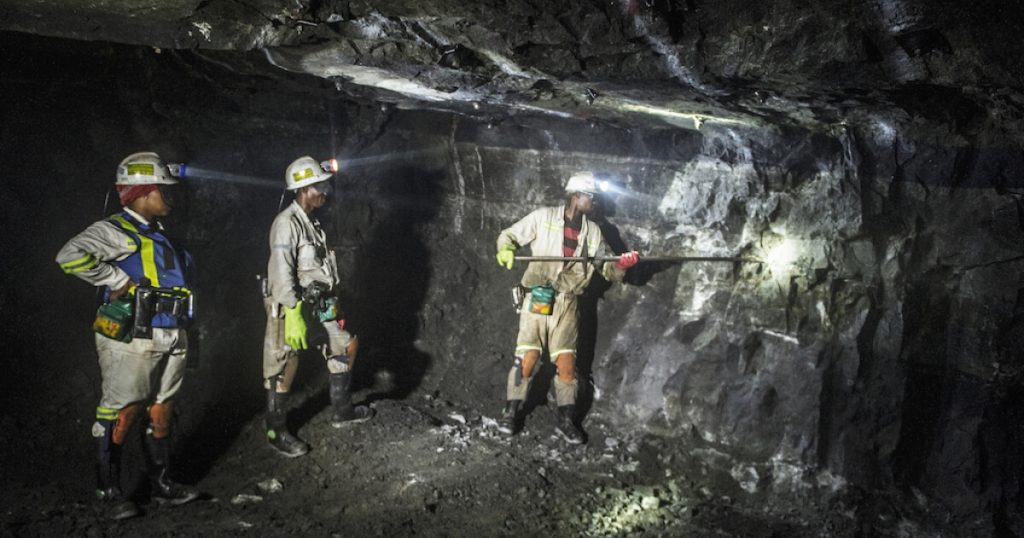
Contact Our Experts Today
Selecting suitable connectors is crucial for optimal performance when setting up your communication network. Becker Mining USA offers a range of high-quality connectors and cables to cater to the specific needs of various industries. Whether you require coaxial cable connectors or fiber-optic cable connectors, our team of experts is here to assist you in choosing the best products for your project.
We can help you select the ideal type of cabling to suit your mining site and offer the best installation support through the implementation phase.
Products That We Offer
Take control of your mining communication systems today! With Becker Wholesale Mine Supply, the leading manufacturer in the USA. Contact us now and revolutionize your mining communication systems!
